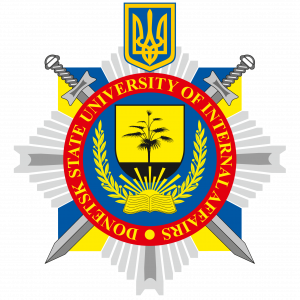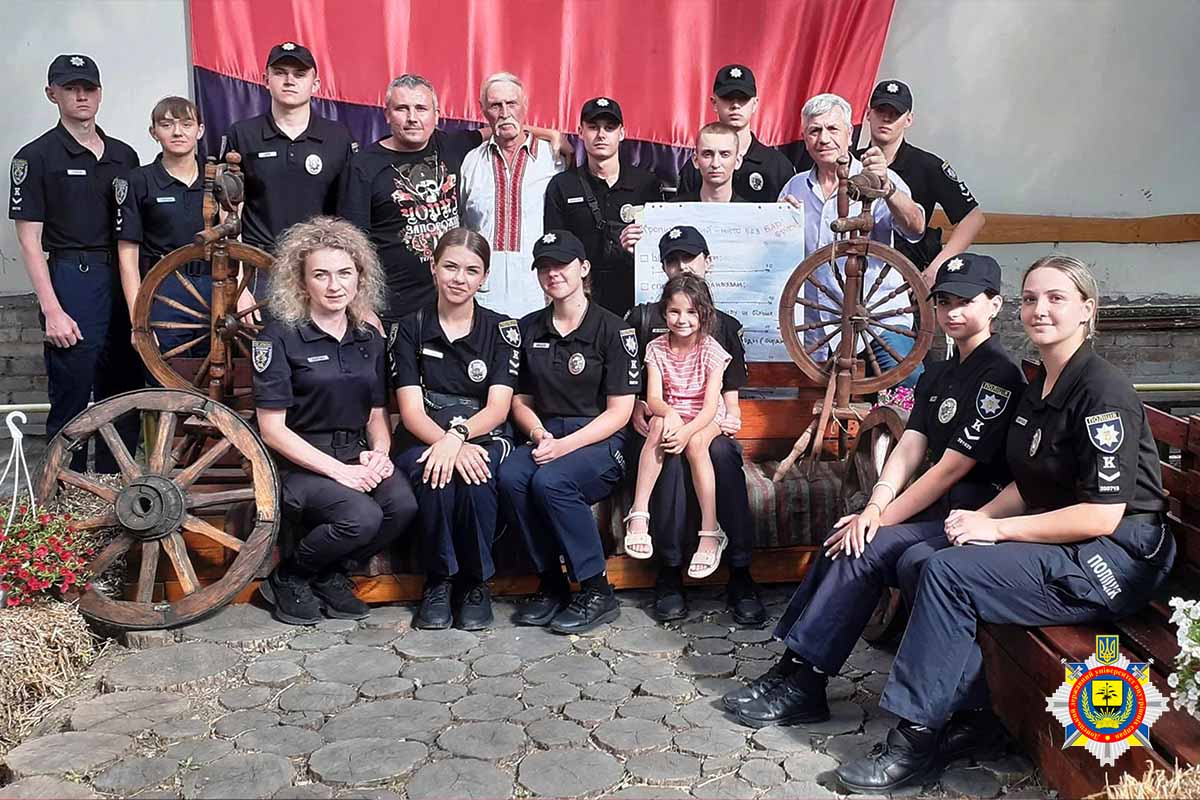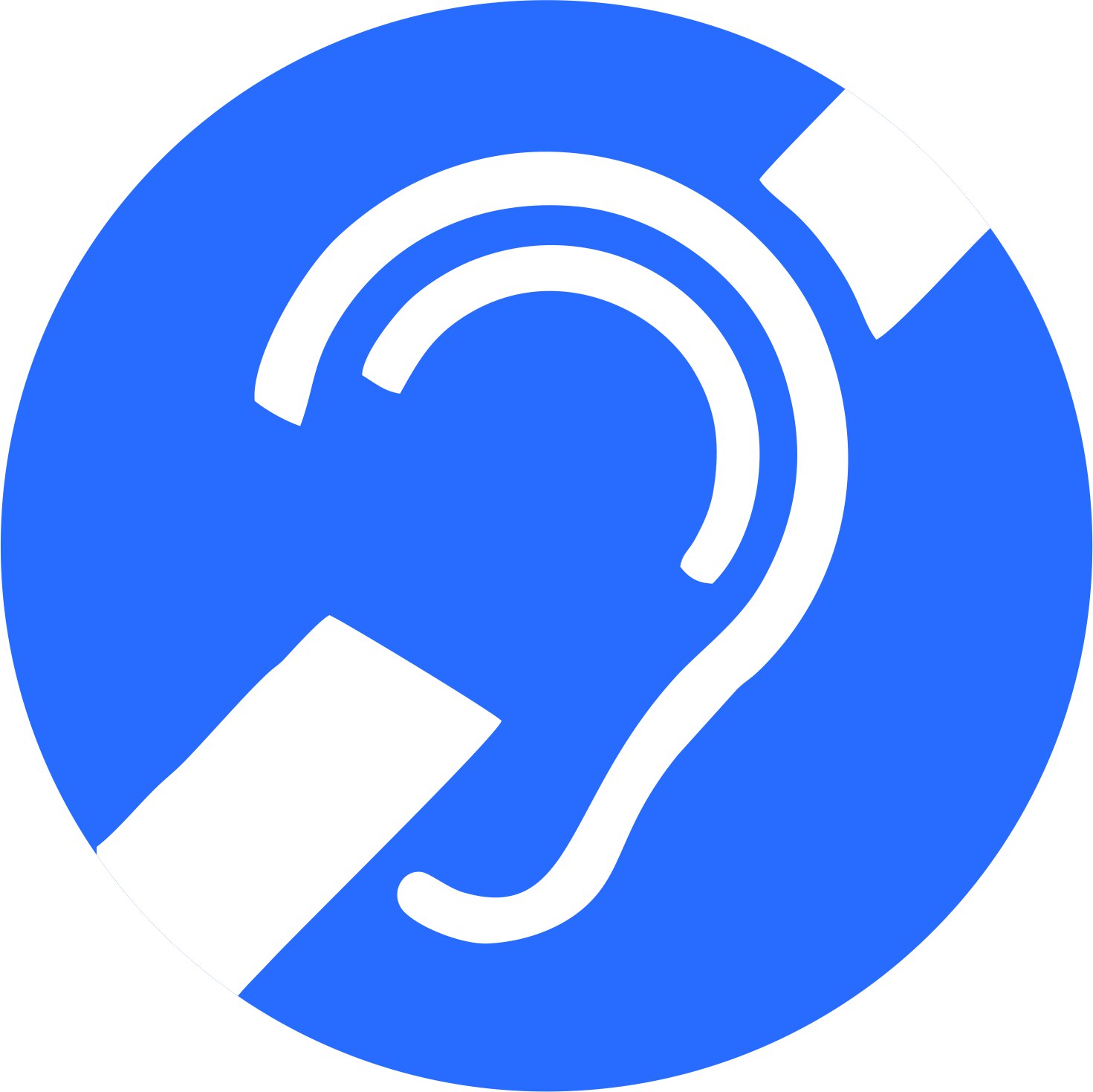Cadets of the faculty of specialist training for preventive activity units of the Donetsk State University of Internal Affairs inspected educational, cultural, health care, catering, trade, banking institutions, post offices, city streets for the presence of wide elevators, ramps with an angle of inclination of no more than 8 degrees, pedestrian zones and transitions, tactile tiles, sound signals at intersections in the context of accessibility for people with disabilities.
Research results were discussed in a round table format. Its organizers were: higher education seekers of the DonSUIA and representatives of the volunteer initiative, which deals with the challenges of accessibility and inclusiveness in the Kropyvnytskyi urban territorial community.
The participants of the event evaluated the monitoring results on a 10-point scale and determined that in most parameters they did not exceed 5 points.
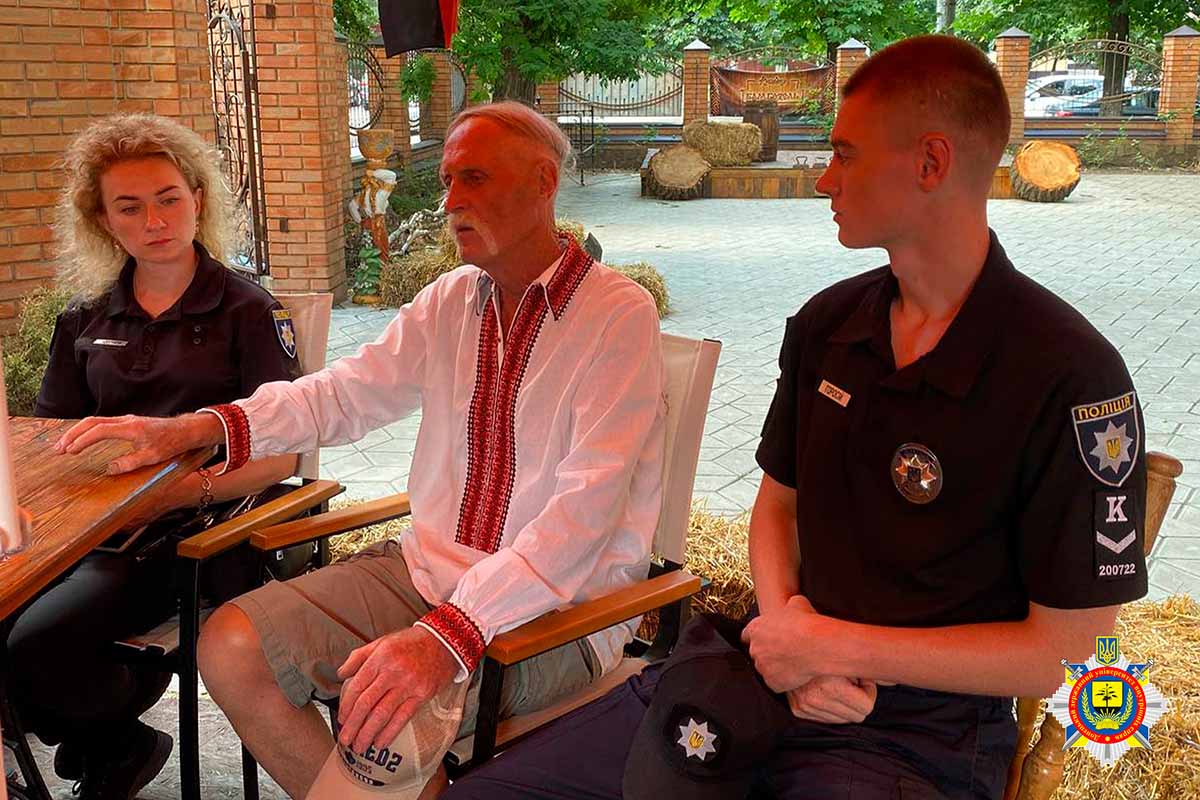
During the practical exercise “How can the interaction of the public with the city authorities contribute to the improvement of barrier-free state in the Kropyvnytskyi community?” activists suggested:
– develop a targeted barrier-free program in the community;
– strengthen awareness of the people`s needs with limited mobility and involve them in consultative and advisory bodies that make decisions on barrier-free issues;
– create organizations/initiatives that will strengthen the advocacy of barrier-free;
– provide training for urban space designers who will improve the state of barrier-free in the community;
– improve barrier-free by: marking stairs and handrails, installing temporary platforms to overcome obstacles, tactile tiles, installing call buttons in institutions where it is impossible to equip a race for a person on a wheeled chair, etc.;
– to carry out a public examination of the targeted inclusion programs implementation, etc.
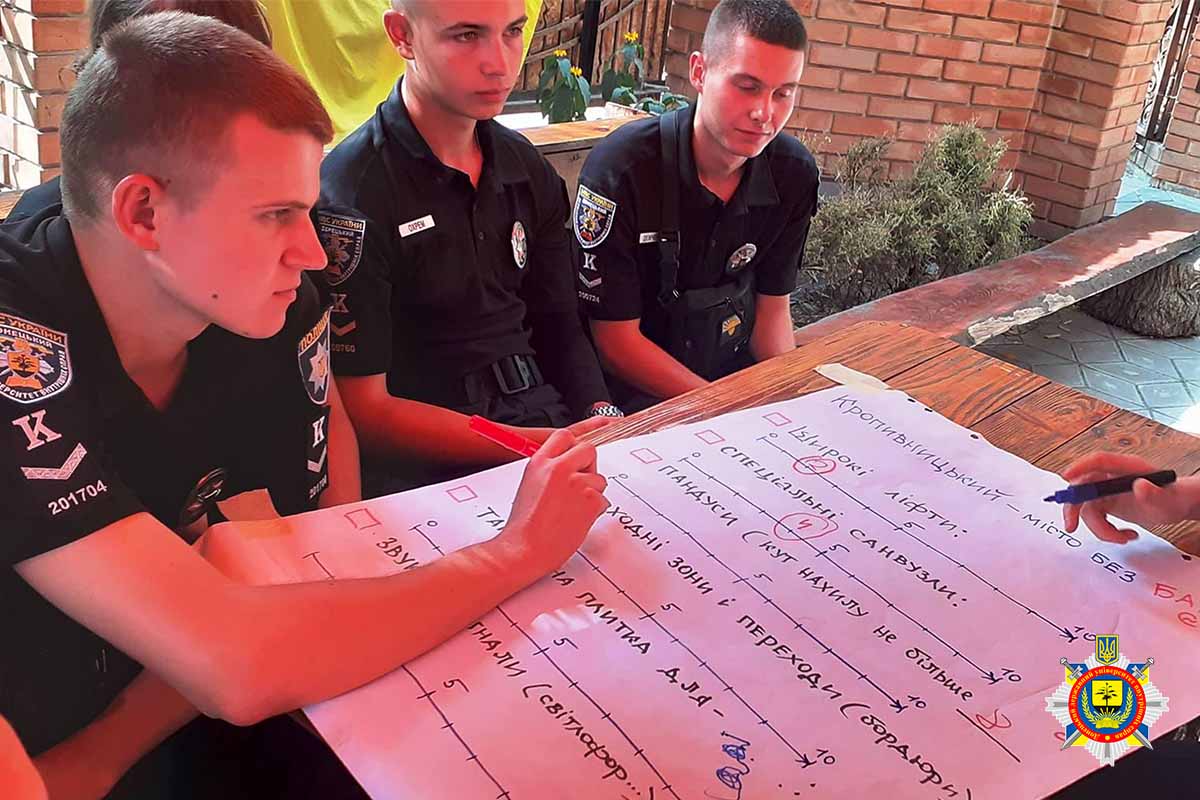
They also noted that no barrier-free issues should be resolved without the participation of people with limited mobility and people with disabilities.

